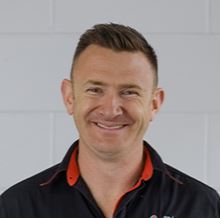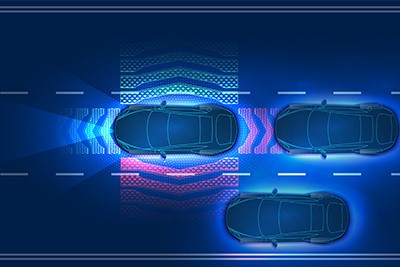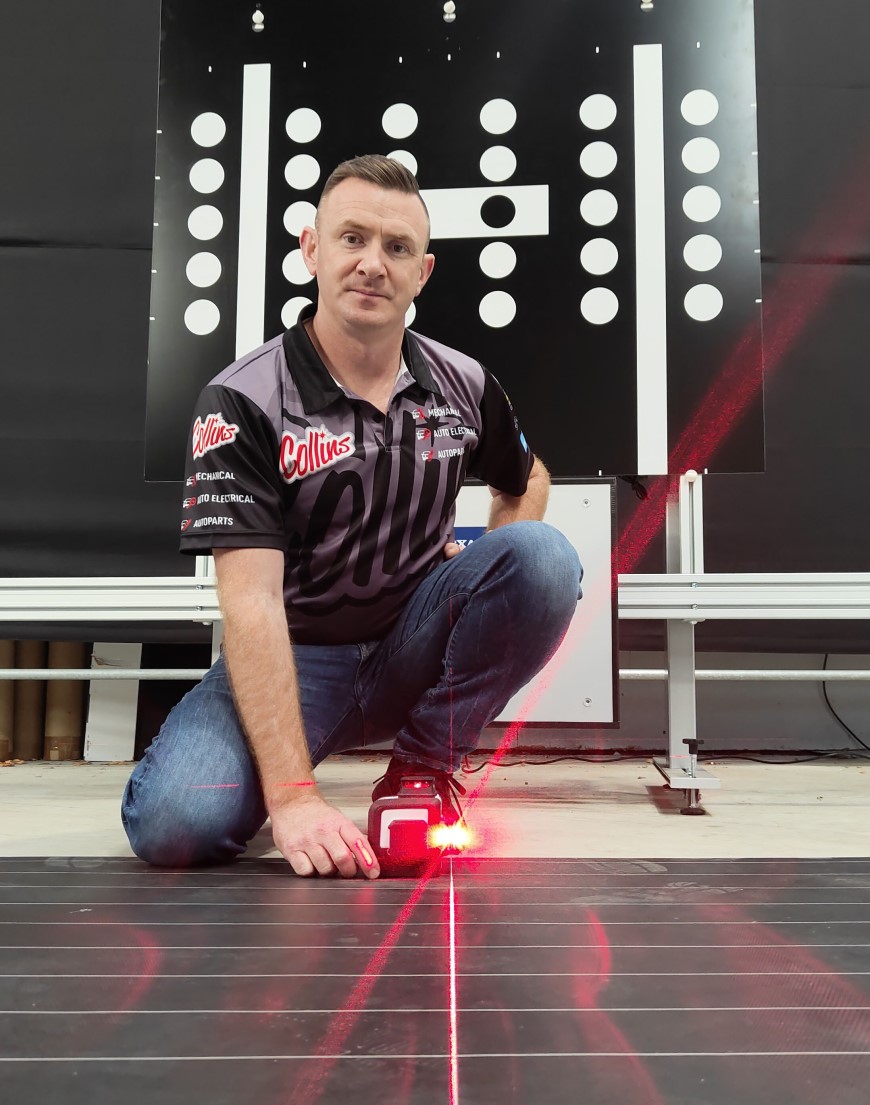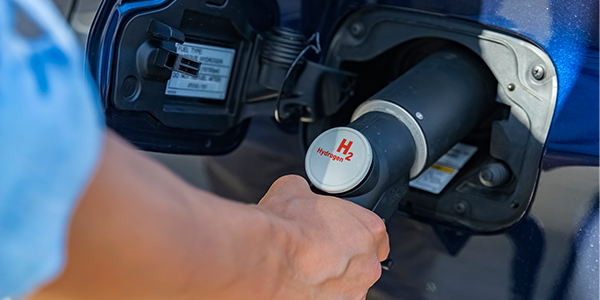4 August 2022
Sensing Danger
Collins Automotive owner Jason Land has built a comprehensive automotive repair shop in Hamilton and is passionate about industry standards and keeping abreast of technology.
Jason's latest addition to the business is an Advance Driver Assisted Systems (ADAS) collaboration system.
A double-edged sword.
Its main function is to help keep drivers safe, but if it isn’t maintained correctly, it has the potential to become a legal mine field.
ADAS uses sensors in the vehicle such as radar and cameras to perceive the world around it, and then either provides information to the driver or takes automatic action based on what it “sees”. But potential legal issues may arise in the event of an accident if the automated system assisting the driver is at fault.
So says an expert in ADAS, which is becoming more prevalent in our vehicle fleet. Jason Land, CEO of ADAS Experts – a nationwide network of independent ADAS calibration specialists - has been canvasing MPs and government departments to try and get them to understand what the system does and explaining why they need to build legislation for it, sooner rather than later.

“We have had meetings in Wellington with Waka Kotahi, National party transport spokesperson Simeon Brown and a few other stakeholders, to try and create better awareness about it,”
There is no doubt ADAS is already having a positive impact on vehicle safety, and when it is calibrated, it works as it was designed to.
But when a vehicle is involved in a collision, has had a windscreen repair, or even gets repainted, the sensor operation and performance can be affected.

Life or death
A sensor that is out of calibration can translate to a matter of life or death if the car misreads the position of a pedestrian, the closeness of the car in front, or the position of a lane.
“At present, awareness of the need for recalibration amongst consumers, insurers and mechanics is low, thereby driving very little demand,” Jason says.
“And the safety issue is yet to be addressed from an industry best practice perspective or as part of a legislative framework. This is something ADAS Experts are working really hard on.”
To keep the system up to scratch Original Equipment Manufacture guidelines provide repair procedures for each make and model of car. These processes often require specialist equipment, designated space, and technician expertise.
The testing or calibrating will often be a combination of static testing in the workshop, as well as dynamic on the road testing. “If a radar is as little as a degree off in its position, it can be around 10 metres out down the road,” he says.
He’s been working with insurers and collision repairers to advise on the issues that the whole industry is going to face.
“The New Zealand Government needs to mandate the ongoing maintenance and correct operation of ADAS in vehicles, the same way brakes, suspension and other components are checked and maintained during a WoF,” Jason says.
He also wants to see businesses offering ADAS calibration have a certification to ensure they use quality equipment and undergo professional training.
When events that affect the system are covered by insurance, Jason wants see insurance providers mandate to include an ADAS recalibration as part of the repair process, effectively.
Jason Land - CEO and Founder, ADAS Experts




